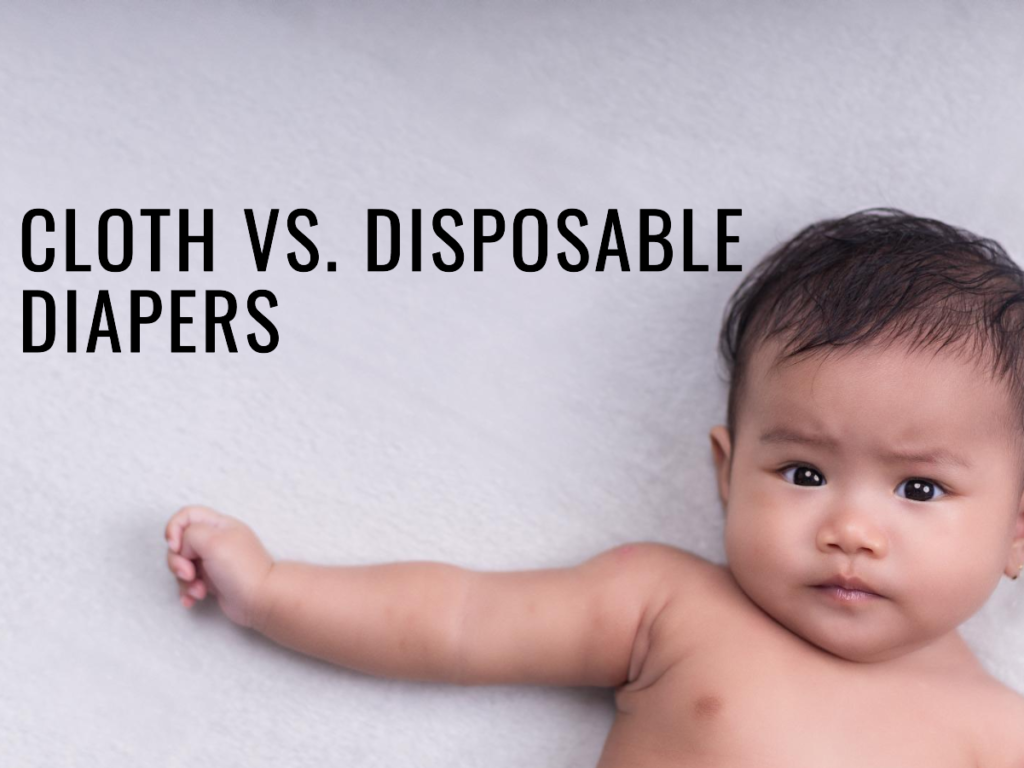
At Parenting Beacon, we understand the myriad of choices parents face every day, and one crucial decision that begs careful consideration is the choice between cloth diapering and disposable diapers. Our aim is to provide a clear, comprehensive list of pros and cons to guide parents through this decision-making process.
Key Takeaways
| Aspect | Cloth Diapering | Disposable Diapers |
|---|---|---|
| Environmental Impact | Lower | Higher |
| Cost over Time | Cost-effective over long term | More expensive over long term |
| Convenience | Requires washing | Single-use, more convenient |
| Health & Comfort | Generally more breathable | Risk of skin sensitivities |
| Initial Cost & Maintenance | Higher initial cost, maintenance required | Lower initial cost, no maintenance |
Understanding the Basics
Cloth diapering involves using reusable diapers that are washed and reused, an age-old practice that has seen a resurgence with modern advancements. Disposable diapers, on the other hand, are thrown away after a single use, offering unparalleled convenience since their introduction in the mid-20th century.
Both options have evolved considerably, with cloth diapers now coming in various user-friendly designs and disposables being more absorbent than ever.
Pros of Cloth Diapering:
- Environmental Impact: Cloth diapers significantly reduce landfill waste, making them the greener choice.
- Cost-effectiveness: Although starting costs are higher, over time, cloth diapers are more economical.
- Health and Comfort: They are free from chemicals and often more breathable, potentially reducing diaper rashes.
For a deeper dive into newborn care which encompasses diapering, we recommend reading our piece on 10 Essential Tips for First-Time Parents: Caring for a Newborn.
Cons of Cloth Diapering:
Maintaining cloth diapers requires a routine of washing and drying, which can be seen as inconvenient. Furthermore, there’s a learning curve and an initial investment in buying enough cloth diapers to last between washes.
Pros of Disposable Diapers:
- Convenience: They’re easy to use and dispose of, especially when outside the home.
- Accessibility: Disposable diapers are readily available in stores and online.
- Hygiene: They can be more hygienic in certain situations, especially when traveling.
Cons of Disposable Diapers:
- Environmental Concerns: They contribute significantly to landfill waste.
- Ongoing Cost: Buying disposables continually adds up.
- Risk of Allergies: Some babies may react to the materials used in disposable diapers.
Factors to Consider:
Choosing between cloth and disposable diapers involves weighing factors like your lifestyle, budget, and your baby’s needs. Both options have their merits, and what works best will depend on personal circumstances.
For instance, parents of a stubborn toddler nearing potty training age might prefer disposables for convenience, whereas eco-conscious parents might lean towards cloth diapers despite the extra laundry.
Conclusion:
Deciding between cloth and disposable diapers is a personal choice that depends on various factors unique to each family. We encourage parents to weigh the pros and cons, consider their day-to-day lives, and make a choice that reflects their values and best suits their baby’s needs.
For further reading, especially for those caring for a developmentally delayed newborn who might have specific diapering needs, check out “Activities for Stimulating a Developmentally Delayed Newborn.”
At Parenting Beacon, we’re dedicated to equipping parents with the knowledge they need to make the best choices for their families. Whether you opt for cloth diapers or disposables, we’re here to support you with information and resources every step of the way.